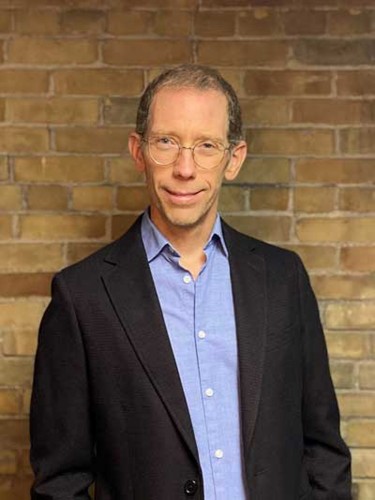Q1: The opening work?
The opening work of TBP’s first program of the season, Henry Purcell’s 1685 anthem, I Was Glad, is constructed as a lovely little musical triptych. It’s a vocal painting of Psalm 122 existing in three hinged panels, as it were. The first panel shimmers with trilling rhythms evocative of laughter and bright conversation as the ensemble sings of ascending the Temple Mount alongside one’s spiritual and familial relations. The middle panel drops a minor third to a new key and more solemn tone, with the injunction to pray for the peace of Jerusalem and those who live there. Then the third panel resumes the initial setting and buoyant mood in a polyphonic doxology that has great fun tangling up the words, “as it was in the beginning, is now, and ever shall be, world without end” (a phrase that envisions all time and eternity as a well-composed triptych!).
Q2: The concert as a whole?
Following the introduction provided by Purcell, the main event of our season opener is a pair of Bach’s cantatas linked by significant references to roses. One of them, BWV 72 (“Everything according to God’s will”), leaps into action with dramatic urgency from the strings and oboes at a vigorous tempo in A minor. The other, BWV 182 (“King of heaven, welcome”), begins with a sweet, stately processional duet between solo violin and baroque recorder in G Major.
I listened to these two cantatas a lot over the summer in both possible orders, often while jogging, tracking the progression of their energy and trying to put myself in the ears of an imaginary audience who might be hearing them for the first time. Both sequences had features that recommended them. In the end BWV72 won out as first in line due to the intensity of its opening (we launch the boat of the season by crashing it directly into the waves), its shorter length and the flow from its final stalwart hymn tune into the natural instrumental interlude provided by the opening of cantata BWV182. Even more importantly, this order allows us to conclude the entire program with the blissful dance of BWV182’s final movement. Like Purcell’s anthem at the outset, it sings of delighted communal entry into a cherished home, with recorder, strings and choir trading a melody back and forth like revelers holding hands in a circle. It never hurts to leave one’s audience in a state of musical euphoria at the end of a concert, right?
TBP has also been developing a tradition over the past two seasons of wrapping things up with the functional equivalent of a benediction. After the euphoria of the concluding applause, we typically lean to a place of reflection and rest as a final send-off. In this program, we do so with Maurice Duruflé’s gentle a cappella classic, Ubi Caritas, which gives the assurance, “Where charity and love are, God is there.”
Q3: Shaping the season?
Season planning for Trinity Bach Project has tended to look less like an executive blueprint and more like a path laid down by walking. This season is no exception, as we continue to tweak repertoire decisions, line up venues, and settle performance and rehearsal dates for programs February through May. That caveat aside, there have been a couple of implicit principles guiding construction of the season. In the recent past we’ve presented a lot of pairings of Bach with other choral composers (“Bach and Mendelssohn,” “Bach and Rheinberger,” “Bach and Tallis,” etc.). This year we’re venturing more into curation along thematic lines, as with our season opener, “Bach and Roses.” There’s a program coming up in the new year, still to be officially titled, which will be along the lines of “Bach and Life Passages,” since it includes both a wedding and a funeral cantata. We’re also planning an instrumental-only program in early January, “Bach and Epiphany,” which conceives of three concertos as the gifts of the Magi. Six or seven months from now we’ll aim to conclude the trajectory of 2024-25 with another joyful dance, in a program built around the exultant cantata BWV117, “Praise and honour to the highest good.”
Chris Friesen is Executive Director of Trinity Bach Project. Bach and Roses will be performed Oct 3, 1pm at Trinity College Chapel; Oct 4, 8pm at Little Trinity Church, Nov 13, 8pm, at Grace Church on-the-Hill, and Nov 17, 3pm, at Metropolitan United Church.




